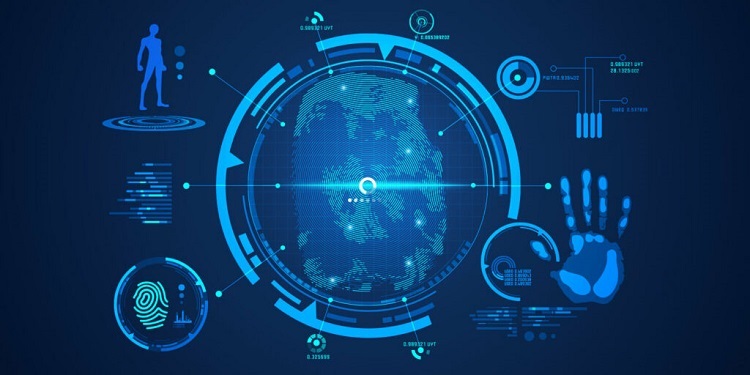If you’re looking to join an in-demand career field, a position in digital forensics might be just what you’re looking for. Cybersecurity Ventures predicts that, by 2025, global cybercrime damages will exceed $10.5 trillion annually (Morgan, 2020).
There’s already high demand for cybersecurity professionals, and this need is only expected to grow. Read on to learn more about increasing concerns over cybersecurity, how digital forensics professionals are working to combat cybercrime, and how to get started in the computer forensics industry.
The Cyber Forensics Industry Continues to Grow
As cybercriminals and malicious hackers continue to attack data systems in their searches for sensitive information, the need for computer forensics professionals will continue to rise. While the need for computer forensics professionals is evident, understanding what digital forensics is all about may not be as straightforward. Below, we’ll cover the ins and outs of digital forensics and explain the role of cyber forensics experts.
What Is the Role of a Cyber Forensic Investigator?
So what is digital forensics all about? Digital forensics, also referred to as computer forensics or cyber forensics, is the process of gathering evidence in the form of digital data during cybercrime cases. The primary role of computer forensics professionals is to track, locate, and extract various data needed during criminal investigations.
What Skills Do Cyber Forensics Experts Need?
Digital forensics experts are typically expected to have the following skills:
◉ Excellent communication and problem-solving abilities
◉ Capability to think analytically and critically
◉ Understanding of ethical and legal issues related to data and data acquisition
◉ Knowledge of how to use file recovery programs and encryption-decoding software to search hard drives for deleted files
◉ Ability to gather information from network servers, databases, smartphones, tablets, and other digital devices
◉ Openness to continuously learning new things to keep up with changing technologies
What Are the Career Choices in Digital Forensics?
Digital forensics is a career field with a high expected job growth rate. The market for forensic science technicians is expected to grow by 16.9% between 2016 and 2026, with digital computer forensics accounting for much of this increase (Sokanu, 2016). There are numerous job positions and specializations to choose from within the digital forensics industry, including:
◉ Information security analyst
◉ Computer systems analyst
◉ Malware analyst
◉ Information technology auditor
◉ Computer forensic analyst
◉ Security consultant
How to Become a Digital Forensic Investigator
There are several ways to enter the exciting field of digital forensics and become a cyber forensics expert. One great option is to obtain a leading digital forensics certification like EC-Council’s Computer Hacking Forensic Investigator (C|HFI). The C|HFI is designed by industry experts to train upcoming cyber forensics professionals in today’s most job-relevant skills, including:
◉ Complex investigation practices
◉ Investigation and preservation of digital and non-digital evidence of a cyberattack
◉ How to utilize threat intelligence to anticipate and alert security teams to imminent cyberattacks
◉ Specialized forensics proficiency in emerging areas like the Internet of Things (IoT), dark web, the cloud (including Microsoft Azure and Amazon Web Services Cloud), networks, mobile devices, and more
Source: eccouncil.org





0 comments:
Post a Comment